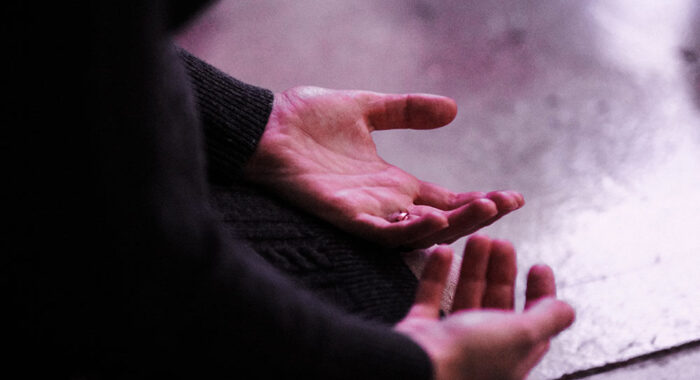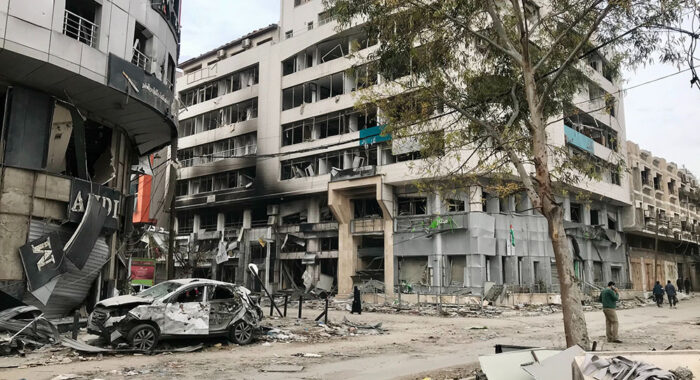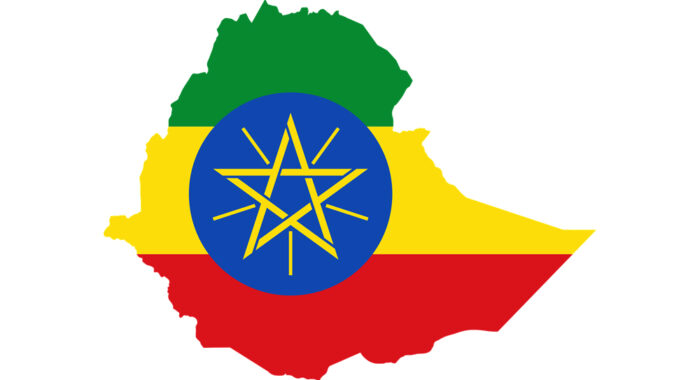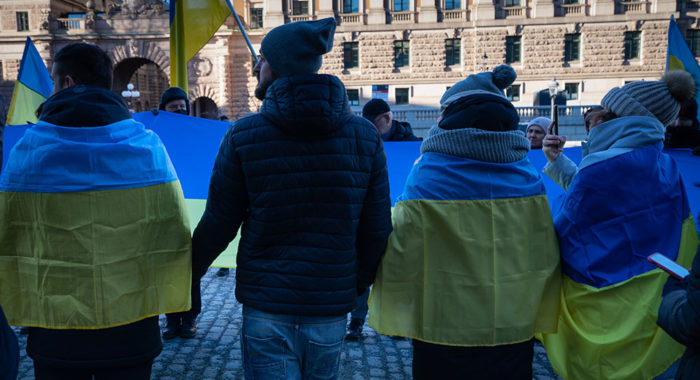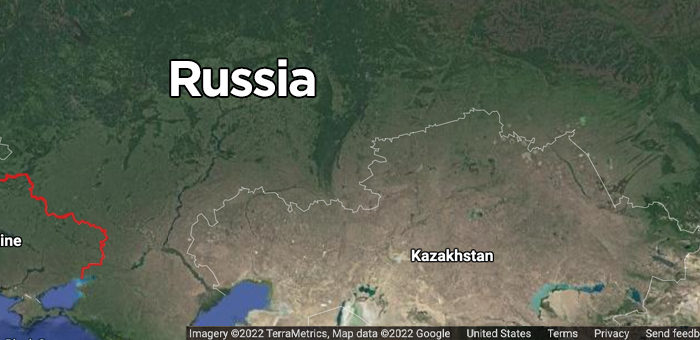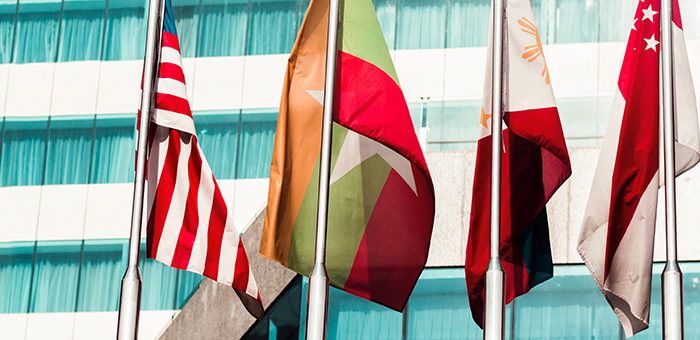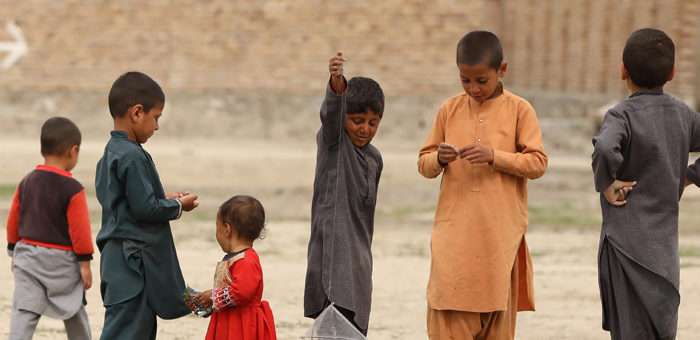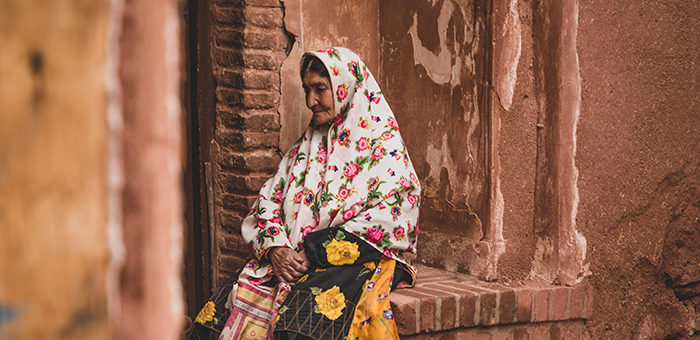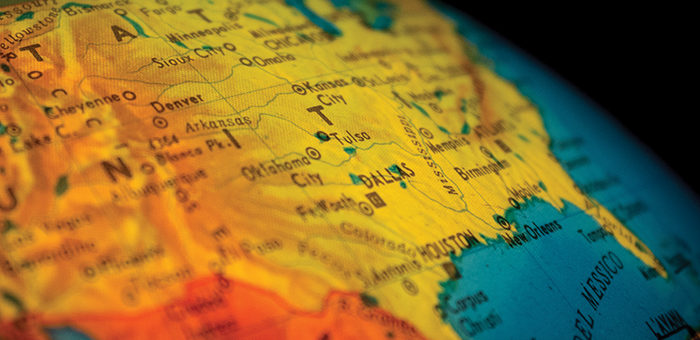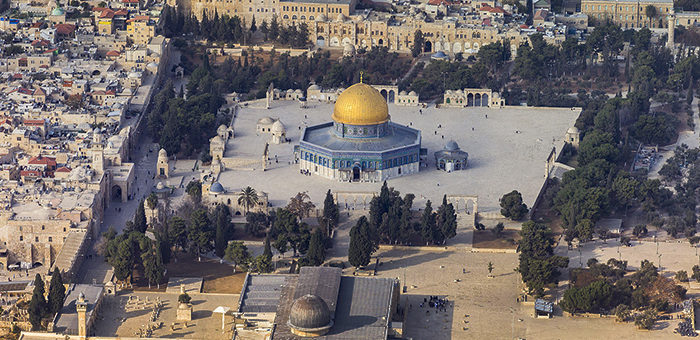A broad array of American Christians joined together in a “Pledge of Solidarity and Call to Action on behalf of Christians and Other Small Religious Communities in Egypt, Iraq and Syria.” NAE President Leith Anderson presented at a press conference on the document. The press conference was hosted by Rep. Frank Wolf (R-VA) and Rep. Anna G. Eshoo (D-CA), co-chairs of the bipartisan Religious Minorities in the Middle East Caucus.
Facts
In today’s Middle East, the majority of the Christian faith communities, which include Orthodox, Catholics, and Protestants, suffer violence, abuse and injustice from extremist Islamic forces by virtue of being Christian. Now facing an existential threat to their presence in the lands where Christianity has its roots, the Churches in the Middle East fear they have been largely ignored by their coreligionists in the West.
Christians collectively form the largest religious group in the Middle East that is not Muslim, numbering up to 15 million people. In a siege that has accelerated over the past decade, Egypt, Iraq and Syria — the three Middle Eastern countries with the largest Christian communities remaining — have seen scores of churches deliberately destroyed, many clergy and laypeople targeted for death, kidnapping, intimidation and forcible conversion, and hundreds of thousands of believers driven from their countries. The Christian population in Lebanon, the only other indigenous Church community in the region numbering over 1 million, could be threatened by the instability across its country’s borders.
No Christian tradition is spared in this current wave of persecution. While addressing the theme of Christian unity, Pope Francis has called this the “ecumenism of blood,” meaning that the extremists do not discriminate among the Christians they are attacking. Ecumenical Patriarch Bartholomew has also spoken of the contemporary “crucifixion” of Christians. In these same three countries, other defenseless religious groups — Mandeans, Yizidis, Baha’is, Ahmadis and others — suffer similarly.
It has become abundantly clear that the brutal extremist campaigns are resulting in the eradication of non-Muslim religious communities or, for those who remain, denying them from having any influence or even basic rights within their society’s political, social or cultural spheres. While there is no apparent organization or coordination among the various violent actors from nation to nation, their actions are leading to one conclusion: the very real possibility that Christianity may soon be exiled from the region of its origin.
These assaults continue despite rejection by the majority of Muslims and condemnation by prominent Muslim voices, such as Jordan’s Prince Ghazi bin Mohammed and Iraq’s Grand Ayatollah Sistani. Many Muslims also face grave threats from the extremist groups and forces that wreak destruction in the name of a political interpretation of Islam.
The current trajectory, marked by political violence and, in the cases of Iraq and Syria, full-blown war, risks a Middle East largely emptied of the millennia-old presence of Christians. Turkey offers an example of what the future may hold for the region as a whole: the Christian population constitutes a mere 0.15 percent of that country’s 79 million people, down from almost a quarter of the population a century ago. Turkey’s Christian community, once the heart of Eastern Christendom, is nearly gone.
Britain’s Prince Charles has drawn attention to this crisis. A life-long proponent of building bridges between the Christian and Muslim faiths through dialogue, he warned last year: “We cannot ignore the fact that Christians in the Middle East are, increasingly, being deliberately targeted by fundamentalist Islamist militants. Christianity was, literally, born in the Middle East and we must not forget our Middle Eastern brothers and sisters in Christ.”
Testifying about Egypt before the U.S. Congress in December 2013, Bishop Angaelos of the Coptic Orthodox Church in the UK made similar observations. He stated that the attacks by “radical elements” are not merely targeting individuals, but “the Christian and minority presence in its entirety.” Over three days in August 2013, Egypt’s Coptic Christians who, numbering about 8 million, comprise the region’s largest Christian community, experienced the worst single attack against their churches in 700 years. Both before and after that episode, the Copts have suffered other violence, including a mob assault on the Cairo Cathedral of the Coptic Pope during a funeral service and the bombing of the Church of Two Saints that killed dozens of people. Tens of thousands of Copts are estimated to have fled their homeland in recent years.
During more than a decade of political turmoil in Iraq, Christians have been targeted and killed in their churches, school buses, neighborhoods and shops. Canon Andrew White, the leader of Iraq’s only Anglican Church, asserted that “all the churches are targets.”
In Syria, large segments of both the Christian and Muslim populations have already been displaced and many, who suffer daily assault, forced starvation and unspeakable hardships, are leaving the country. The Christian community is caught in the middle of a brutal war. But the Christians are also victims of beheadings, summary executions, kidnappings, and forcible conversions, in deliberate efforts to suppress or eradicate their religious faith. Over 30 percent of Syria’s Christian churches are reported to have already been destroyed. Recently, extremists have driven out virtually all the population from the Christian towns of Maaloula and Kessab. An entire convent of nuns was taken hostage and held for ransom, along with many others. Priests who have worked to improve inter-faith relations and sought truces among the warring Muslim factions have been assassinated. Two Orthodox bishops, Metropolitans Mar Gregorios Yohanna Ibrahim and Boulos Yazigi, have been held captive since April 22, 2013.
Baghdad’s Catholic Chaldean Patriarch Louis Sako recounts: “For almost two millennia Christian communities have lived in Iraq, Syria, Egypt and elsewhere in the Middle East. . . . Unfortunately, in the 21st century Middle Eastern Christians are being severely persecuted. . . . In most of these countries, Islamist extremists see Christians as an obstacle to their plans.” He states that “it is sad to note that most Western Christians have no real awareness of the painful situation of Christians in the Middle East, even though they could actually highlight their real condition and raise awareness among politicians.”
Along with other vulnerable religious groups, Egyptian, Iraqi and Syrian Christians are now leaving their countries in great numbers not simply to look for better economic opportunities. They are fleeing conflict and violence and targeted campaigns against them that have included the following:
- Scores of churches — some while full of worshippers — monasteries, cemeteries, and Bible centers have been deliberately demolished and crosses on others have been removed.
- The building and repairing of churches has sometimes been curbed and prohibited.
- Private Christian homes, businesses and lands have been looted, confiscated or destroyed because some challenge Christians’ right to property, thus curtailing livelihoods.
- Christians, including some clergy, after being identified as such by their names, identity cards, or some other means, have been beheaded, shot execution-style or otherwise brutally murdered. Clergy have also been killed for their peace-making efforts or simply as personifications of the Christian faith.
- Untold numbers of Christians, including bishops, priests, pastors, and nuns, have been kidnapped and held for ransom.
- Young women have been abducted and forced to convert to Islam and marry their captors.
- In some instances, Christians have been told to convert to Islam or be killed; some have been forced to pay protection money.
- In one Syrian town, Christians have been forced to submit to dhimmi contracts (the terms for protecting Jews and Christians in Muslim lands that are attributed to the Islamic 7th century Caliph Umar) under which their religious and other rights are suppressed and they live as second class citizens.
- Muslim apostasy and blasphemy codes and standards for dress, occupation and social behavior are being enforced for Christians, as well as for Muslims, in some communities.
- Given the above, Christians have been either intimidated or barred from practicing their faith publicly.
Such abuse and injustice are frequent and pervasive enough to form observable patterns in these three countries. Extremists and terrorist gangs are behind most of these incidents; they have been carried out largely with impunity, and sometimes with the acquiescence of state and local authorities. It is their cumulative effect that has triggered the current massive exodus of Christians.
American religious leaders need to pray and speak with greater urgency about this human rights crisis. The sense of abandonment felt by the Middle Eastern Churches is reflected in the searing words of Patriarch Sako, last December: “We feel forgotten and isolated. We sometimes wonder, if they kill us all, what would be the reaction of Christians in the West? Would they do something then?”
Pledge of Solidarity
We, as Orthodox, Catholic, and Protestant leaders, have come together in this joint pledge to speak up for our fellow Christians and other threatened religious communities in the Middle East. We invite other faith leaders and all men and women of good will who are concerned with the dignity and safety of all human beings to join us in this urgent task.
We are compelled to take this action by the grave dangers that confront the Churches of Egypt, Iraq and Syria, in particular. While Christians have been leaving the Middle East for many years, and, in these three countries, members of all communities — including smaller religious communities and Muslims — suffer from violence and political turmoil, the Egyptian, Iraqi and Syrian Christian communities, under the additional scourge of intensifying religious extremism, are experiencing a sudden, massive exodus of their members from the region. Since these communities account for most of the indigenous Christians in today’s Middle East, the continued presence of Christians in the region where Christianity originated 2,000 years ago is threatened.
Recognizing the spiritual, humanitarian and geopolitical implications of this historic flight, we have joined together to affirm our moral obligation to speak and act in defense of religious freedom for all human beings.
As Americans, we believe that the ability to worship God, or not, and to practice freely one’s faith, is a basic, inalienable human right, as recognized in our country’s founding documents, and that it has universal application. We witness this right under assault today in Egypt, Iraq and Syria.
As Christians, we are called to take to heart Jesus’ own words in the Gospel of Luke that he was sent to, “proclaim freedom for the prisoners” and to “set the oppressed free.” We look, too, to what Paul told the Corinthians, speaking of the Church as the Body of Christ, “If one part suffers, every part suffers with it.” We are also enjoined in the book of Hebrews to “continue to remember those in prison as if you were together with them in prison, and those who are mistreated as if you yourselves were suffering.” We are aggrieved by the suffering in the Middle East today of our brothers and sisters in Christ.
We pledge to call together our own congregations and communities in sustained prayer, education and engagement in US foreign policy on behalf of these Christians and other threatened religious communities of Egypt, Iraq and Syria. All too clearly, we see the “tears of the oppressed” and cannot ignore them.
Call to Action
While the fate of Christians in the Middle East is unquestionably important to Christians, it should be emphasized that the continued presence of Christians, along with other religious communities, is in the national interest of that region’s countries and it is in America’s own national interest. We agree with President Obama’s assertion before this year’s National Prayer Breakfast that the right to religious freedom is an essential human right that “matters to our national security.”
Religious diversity provides the important experience of different faith communities living together. If the robust communities of Egyptian, Iraqi and Syrian Christians and other smaller religious communities continue to leave the Middle East, pluralistic co-existence would tragically be diminished region-wide. The Christians of Egypt, Iraq and Syria have rejected violence as an acceptable response to oppression and, instead, by both word and action, have supported a message of peace and non-violence.
Though Christians are a fraction of the overall populations of these three countries, they have long been an integral part of the social fabric, and have contributed, alongside Muslims, to the construction of the Arab civilization. They have had an especially formative role in promoting education, literacy, learning and health care that benefits society as a whole. They have participated in forming professional and entrepreneurial groups important for a dynamic middle class, as well as given rise to active intellectuals long committed to international norms and practices of human rights, the rule of law, and equal rights of individual citizenship — all essential for democracy and hence for making these countries partners in building societies where all faiths can live and prosper.
We are compelled to ask: Why are the Christians currently being killed or driven out? These communities represent openness to others and a desire for truth, even if inconvenient. They love learning and seek an equal share in building their respective nations. They do not believe in retaliation and embrace forgiveness. They respect individual life as an end in itself not as a means. These are attributes many Muslims also share and ones that any country would appreciate.
Even as we pledge to do all within our power to alleviate the suffering of Christians and other small religious communities in the Middle East, we urgently appeal for action from our government to recognize and act upon the unique plight of these religious communities.
It is our conviction that American foreign policy can be more effectively used to advocate for policies that protect international religious freedom for all. We welcomed President Obama’s public remarks regarding his March 27 meeting with Pope Francis, concerning his reaffirmation that “it is central to U.S. foreign policy that we protect the interests of religious minorities around the world.” As a matter of conscience, we, therefore, respectfully call for the following actions:
- Appointment of the Special Envoy on Middle East Religious Minorities. A new special envoy post, filled by a prominent and knowledgeable citizen is needed for deep engagement in the issues and circumstances affecting Christians and other small religious communities in the region. Over 20 special envoy posts exist to protect a range of other groups and interests but none is dedicated to the plight of Middle Eastern religious minorities. American policies continue to be formed without adequately taking into account the impact they might have on these vulnerable communities. A high caliber envoy of stature who has the ear of the President could increase American engagement regarding Middle Eastern religious minorities, so that:
- The views and interests, including physical safety and equal rights as citizens, of the members of small, defenseless groups are considered in any peace negotiations concerning Syria.
- Every diplomatic effort is made to press other governments in the region to stop facilitating, harboring, and assisting any extremist groups and militias, and to foster respect for the defenseless religious communities.
- Other policies to promote tolerance and respect for members of vulnerable religious communities in the Middle East are considered at the highest levels while there is still time to act.
It was just such a special envoy who helped draw attention to genocidal levels of religious and ethnic persecution in Sudan and usher in a comprehensive peace agreement to end the north-south conflict there in 2005.
2. Review of Foreign Aid. As he has done in the interest of other stated administration priorities, President Obama should initiate an internal review to ensure that American assistance programs, especially those that support national governments, uphold policies and principles that relate to religious freedom and pluralism. The review should include examining the region’s national textbooks, local governmental broadcasting, statements by public officials, and national identity cards, where the inclusion of one’s religious identity is often used to deny rights. U.S. government-sponsored broadcasting, legal and constitutional assistance, and educational efforts should promote religious tolerance and protect religious freedom, including for small religious groups.
3. Refugee & Reconstruction Assistance. Our principal purpose in speaking out is to help Christian communities and other defenseless religious groups remain safely in the region. To that end, the vulnerable religious minorities, including those who are refugees in neighboring countries or displaced within their home countries, must have equitable access to American refugee, humanitarian, repatriation, and reconstruction aid. Many will need assistance to be relocated elsewhere in the region and American help could be decisive. The U.S. government must ensure that religious minorities are not discriminated against by local authorities in the distribution of aid donated by the U.S. government, as was reported to have occurred at certain junctures in Iraq, contributing to the wholesale exodus of its Christians and other small religious communities. It must also continue to reach Christians and others who eschew UN refugee camps that they perceive to be controlled by extremist groups. In some particularly tragic instances, we recognize that individual members of defenseless religious communities will never be able to return to their homes, and urge that those individuals be given fast track asylum in the United States and elsewhere in the West.
Conclusion
A generation ago, American religious leaders successfully mobilized support for the International Religious Freedom Act of 1998. That law created the U.S. Commission on International Religious Freedom and institutionalized regular State Department reporting on the status of religious liberty around the world. That legislation should be credited with helping to establish, as President Obama acknowledged at the National Prayer Breakfast last February, that “promoting religious freedom is a key objective of U.S. foreign policy.” Now, new action is desperately needed by our churches, our government and our civil society institutions here in the United States, and by all people of good will to make that objective a reality.



 View All Updates
View All Updates 